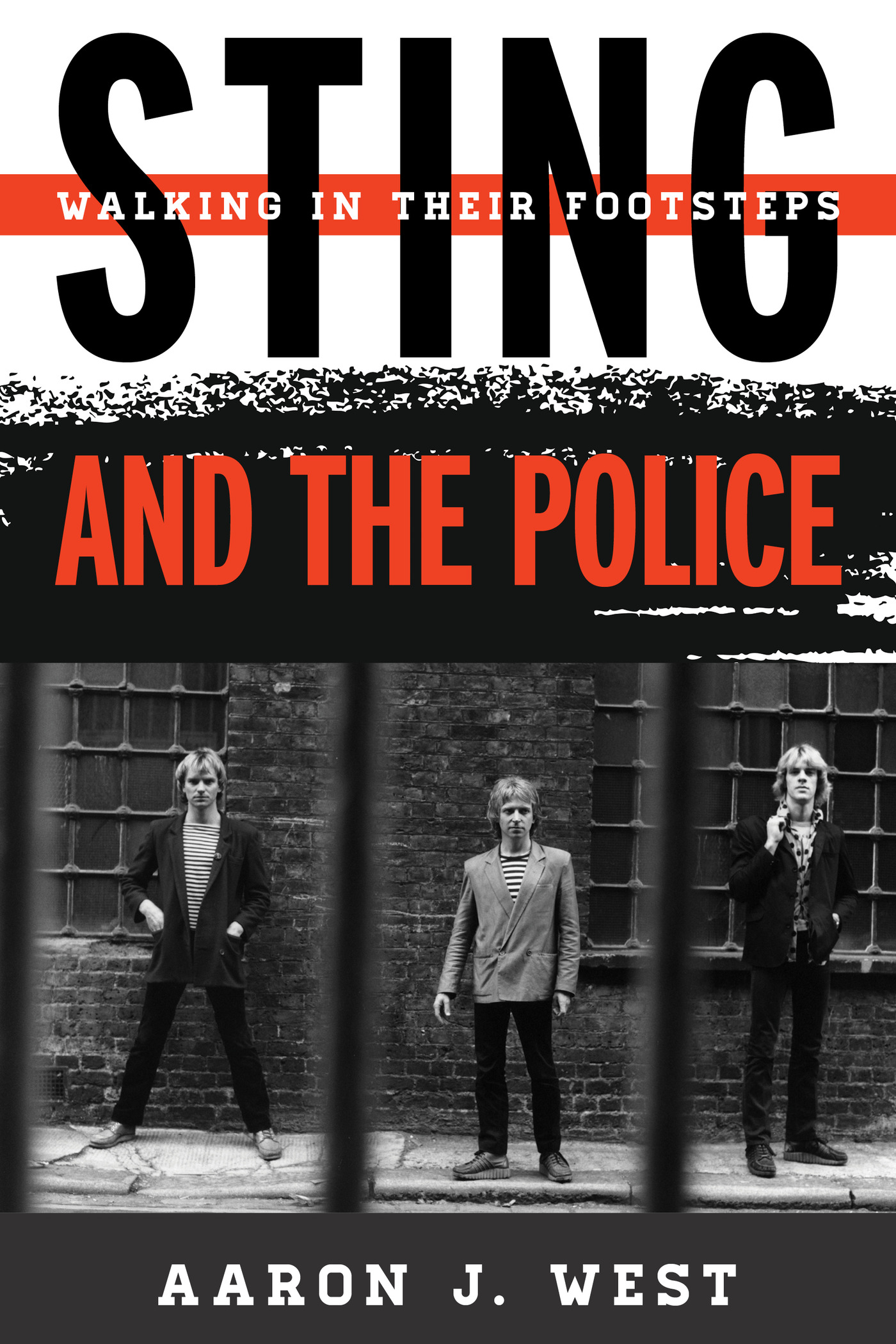Sting and The Police
Tempo: A Rowman & Littlefield Music Series on Rock, Pop, and Culture
Series Editor: Scott Calhoun
Tempo: A Rowman & Littlefield Music Series on Rock, Pop, and Culture offers titles that explore rock and popular music through the lens of social and cultural history, revealing the dynamic relationship between musicians, music, and their milieu. Like other major art forms, rock and pop music comment on their cultural, political, and even economic situation, reflecting the technological advances, psychological concerns, religious feelings, and artistic trends of their times. Contributions to the Tempo series are the ideal introduction to major pop and rock artists and genres.
Titles in the Series
Bob Dylan: American Troubadour, by Donald Brown
Bon Jovi: Americas Ultimate Band, by Margaret Olson
British Invasion: The Crosscurrents of Musical Influence, by Simon Philo
Bruce Springsteen: American Poet and Prophet, by Donald L. Deardorff II
The Clash: The Only Band That Mattered, by Sean Egan
Kris Kristofferson: Country Highwayman, by Mary G. Hurd
Patti Smith: Americas Punk Rock Rhapsodist, by Eric Wendell
Paul Simon: An American Tune, by Cornel Bonca
Ska: The Rhythm of Liberation, by Heather Augustyn
Sting and The Police, by Aaron J. West
Walking in Their Footsteps
Aaron J. West
ROWMAN & LITTLEFIELD
Lanham Boulder New York London
Published by Rowman & Littlefield
A wholly owned subsidiary of The Rowman & Littlefield Publishing Group, Inc.
4501 Forbes Boulevard, Suite 200, Lanham, Maryland 20706
www.rowman.com
Unit A, Whitacre Mews, 26-34 Stannary Street, London SE11 4AB
Copyright 2015 by Aaron J. West
All rights reserved. No part of this book may be reproduced in any form or by any electronic or mechanical means, including information storage and retrieval systems, without written permission from the publisher, except by a reviewer who may quote passages in a review.
British Library Cataloguing in Publication Information Available
Library of Congress Cataloging-in-Publication Data
West, Aaron J.
Sting and The Police : walking in their footsteps / Aaron J. West.
pages cm. (Tempo : a Rowman & Littlefield music series on rock, pop, and culture)
Includes bibliographical references and index.
ISBN 978-0-8108-8490-8 (hardback : alk. paper) ISBN 978-0-8108-8491-5 (ebook) 1. Police (Musical group) 2. Sting (Musician) 3. Rock music1981-1990History and criticism. I. Title.
ML421.P67W47 2015
782.42166092'2dc23
2015015451
 TM The paper used in this publication meets the minimum requirements of American National Standard for Information Sciences Permanence of Paper for Printed Library Materials, ANSI/NISO Z39.48-1992.
TM The paper used in this publication meets the minimum requirements of American National Standard for Information Sciences Permanence of Paper for Printed Library Materials, ANSI/NISO Z39.48-1992.
Printed in the United States of America
Foreword
Scott Calhoun, Series Editor
The following exploration of Sting and The Police as artistsas jazz-, funk-, reggae-, and folk-pop artists, specificallygets it right about how a three-piece combo can turn alchemic. Stewart Copeland, Andy Summers, and Gordon Matthew Sumner, or Sting, brought their musical curiosities and complex personalities together to form a new wave of astute, infectious English song craft, while giving audiences years of thrilling performances. Aaron J. West gets it right too, about the chemistry of a complicated musical artist who trends toward the restless, virtuosic type, as is true of Sting. Seeming to enjoy the chase of craft as much as the adulation of the crowd, The Polices potency came from skillful compounding of musical styles already marked by strong grooves, inventive tempos, and playfulness. The music The Police made, and that Sting continues to make, has satisfied the literate and literary, as well the mainstream appetite for something eminently fun to sing and dance to. But Stings thirst for a greater, more singular pursuit of craft and crowd sent him on many more cultural quests after The Police, looking for the pop hooks, world beats, activist heroics, and even stage roles offered by film and theater, to satiate the artist.
Sometimes accused of appropriation by critics who lean toward purists, The Polices music has nevertheless endured. It has inspired many post-1980s artists who had the good fortune of composing their songs in times when borrowing, referencing, and sampling was de rigueur. At times accused of affectation, Sting, never the shy nor demure performer, has turned any such complaints to his advantage, commanding our attention when on a new project by promising to tip the balance from showmanship toward sophistication. This study presents Sting and The Police by choosing a different path of presentation. Pop legends they are, with storied lives and plenty of laurels to show for it. But Wests perspective is drawn to seeing their rise to acclaim and influence in popular music history as the acts of artists choosing their colors, their brush strokes, and their canvases, intentionally assembling the pieces to make something brilliantly new.
Timeline
World and Cultural Events | Sting, Andy Summers, and Stewart Copelands Lives and Careers |
December 1942: In the midst of World War II, over sixty U-boats are sunk. | December 1942: Andrew James Summers is born December 31 at the edge of the river Wyre in Lancashire (Poulton-le-Fylde), near Blackpool, England. |
January 1945: The Soviet Red Army liberates the Birkenau and Auschwitz concentration camps. |
August 1945: The United States bombs Hiroshima and Nagasaki with atomic weapons. World War II ends soon after. |
July 1946: U.S. nuclear testing begins at Bikini Atoll in Micronesia. Sting protests these kinds of experiments with La Belle Dame Sans Regrets in 1996. |
February 1947: Voice of America begins transmitting into the Soviet Union and its satellites. These broadcasts will influence generations of Eastern European and Russian musicians. |
March 1948: Arturo Toscanini, during his television debut, conducts the NBC Symphony, performing the works of Richard Wagner. |
April 1950: The Group Areas Acts passes in South Africa, formally segregating the races. By the 1980s, performers will play a number of anti-apartheid shows. |
October 1951: I Love Lucy debuts on CBS, and Winston Churchill is re-elected prime minister of the United Kingdom. | October 1951: Gordon Matthew Thomas Sumner (Sting) is born in Wallsend, Tyneside, Tyne and Wear, England. His childhood in Wallsend will be the inspiration for multiple songs and even a Broadway show. |
July 1952: Mickey Mantle hits his first grand slam. | July 1952: Stewart Armstrong Copeland is born in Alexandria, Virginia, on July 16. |
April 1953: Frank Sinatra and Nelson Riddle begin their iconic recordings for Capitol Records. | 1953: The young Andy Summers is listening to AFN radio, which plays American jazz. |
May 1954: Brown v. Board of Education of Topeka |

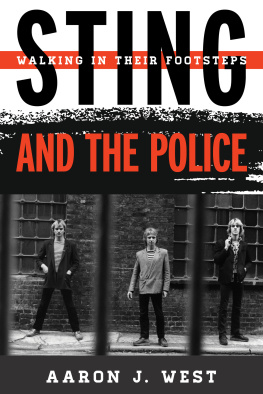
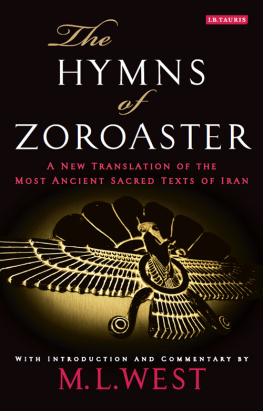


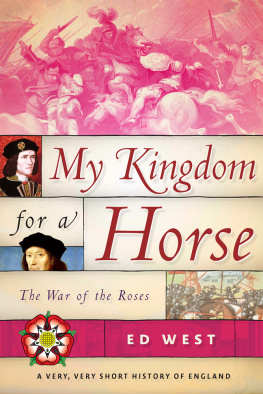
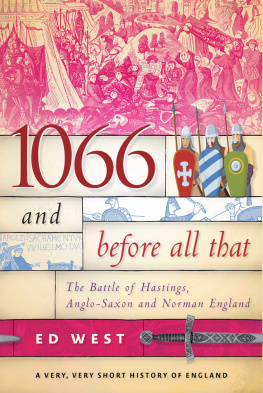
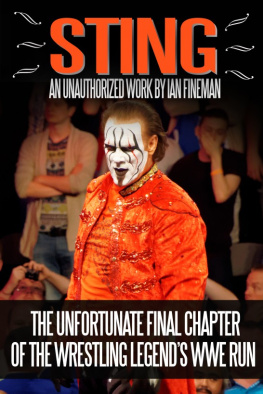
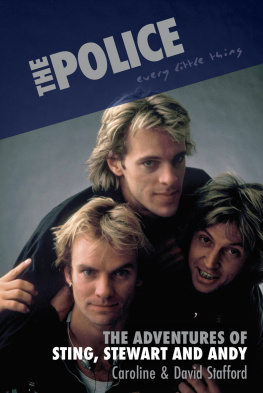

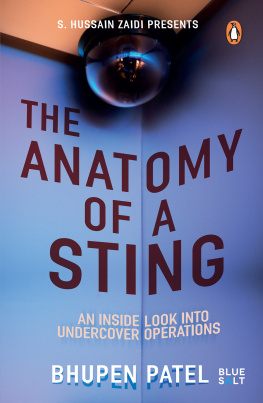
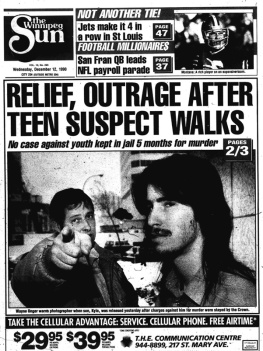
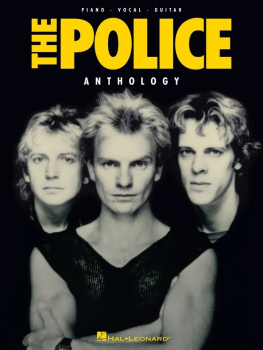
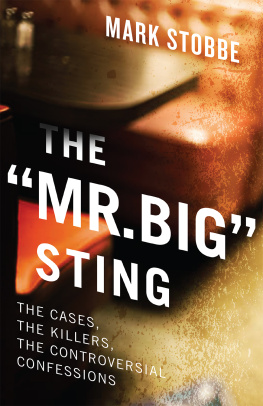

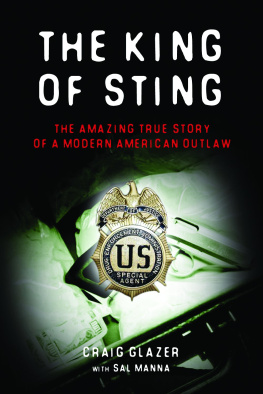
 TM The paper used in this publication meets the minimum requirements of American National Standard for Information Sciences Permanence of Paper for Printed Library Materials, ANSI/NISO Z39.48-1992.
TM The paper used in this publication meets the minimum requirements of American National Standard for Information Sciences Permanence of Paper for Printed Library Materials, ANSI/NISO Z39.48-1992.